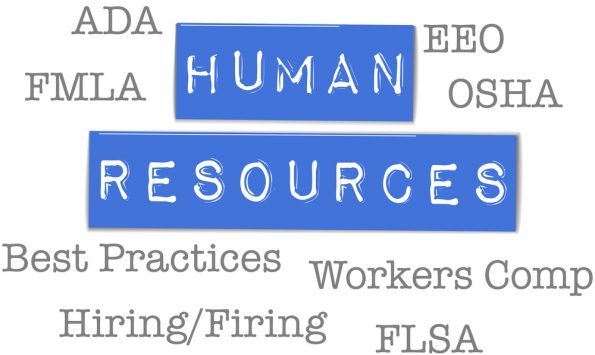Dealing with discrimination? Here’s Some Tips for Employees
In 2024, the US Equal Employment Opportunity Commission (EEOC) received approximately 500,000 calls and 81,055 new charges, yet 45% of workers are unaware of their company’s anti-discrimination policies.

An employment law firm in Orange County emphasizes that employees and job applicants have protections against discrimination. The California Fair Employment and Housing Act (FEHA) requires employers to ensure that all employees are treated fairly and equally throughout the processes of hiring, promotion, disciplinary actions, termination, and other employment-related matters.
FEHA clearly states that harassment and discrimination based on race, color, religion, sex (including pregnancy, childbirth, and related medical conditions), gender identity or expression, sexual orientation, marital status, national origin, age, and disability are completely unacceptable.
If you are an employee in California and you want to know more about your anti-discrimination rights, visit this link: https://dieferlaw.com/orange-county-workplace-discrimination-lawyer/
Stay tuned to discover the next steps you can take to protect yourself and your employee rights.
Recognizing Discrimination Signs
To spot signs of discrimination in the workplace, pay close attention to the interactions and behaviors around you. Look for any derogatory comments or jokes aimed at your age, gender, or race. Notice if you’re frequently overlooked for opportunities you’re qualified for or if your contributions seem to go unnoticed.
Keep an eye out for patterns of exclusion from meetings, social gatherings, or important projects without valid reasons. Record any moments where you felt micromanaged or faced unwarranted criticism. Listen to your gut and pay attention to your emotions if you feel that something is not quite right. Being aware of these signs early will allow you to take thoughtful actions to tackle discrimination in the workplace.
Assertive Communication Strategies
Communicate your experiences of discrimination by being assertive. Assertive communication means sharing your thoughts, feelings, and needs clearly and respectfully. When talking about discrimination, try using ‘I’ statements to share your feelings about the situation without placing blame on anyone else. For instance, expressing ‘I feel uneasy when…’ can be more impactful than directly blaming someone.
Before expressing yourself, actively listen first to the person you are speaking to and acknowledge their points. Remain calm throughout the conversation. Encourage a respectful work environment through the assertion of your rights and boundaries professionally.
Seeking HR or Management Support
When you talk to HR or management, clearly share your experience with the discriminatory behavior you have faced. Be sure to include any important details or evidence that can help support your situation.
Your concerns deserve to be addressed with professionalism and confidentiality by HR or management. They must listen to your viewpoint openly and strive to reach a solution that respects your rights and well-being. Seek further support from relevant authorities or legal resources if you feel uncomfortable or you face retaliation for speaking up.
Documenting Incidents and Keeping Records
When documenting any instances of discrimination you encounter at work, be sure to note the dates, times, locations, people involved, and specifics of the events that took place. Write down any witnesses present as well. This documentation can support you in highlighting a pattern of unfair treatment and bolster your case when discussing the matter with HR or management.
Make sure to keep a record of everything as it unfolds, as it can be all too simple to overlook particular details or timelines when dealing with various instances of discrimination. Keeping detailed documentation is an essential way to tackle workplace discrimination. By recording events, you can monitor any progress or setbacks in addressing the discrimination you are experiencing.
Understanding Legal Rights and Options
Take time to learn about your legal rights and the various options you have to tackle discrimination by reaching out to an employment lawyer for guidance. Explore different laws, including Title VII of the Civil Rights Act, the Americans with Disabilities Act (ADA), and the Age Discrimination in Employment Act (ADEA), to safeguard employees from discrimination related to race, gender, disability, and age. These laws provide avenues for addressing discrimination, such as filing a complaint with the Equal Employment Opportunity Commission (EEOC) or pursuing a lawsuit.
Conclusion
Facing discrimination at work can feel overwhelming, but knowing your rights and taking action can help you feel more in control and safeguard yourself. Recognize the signs of discrimination, communicate assertively, and seek support from HR or management. Document incidents meticulously and familiarize yourself with your legal rights and options.
By being informed and prepared, you can create a safer and more equitable work environment for yourself and your colleagues. Remember, you are not alone—reach out for legal advice if needed and stand up for your right to be treated fairly and respectfully.

